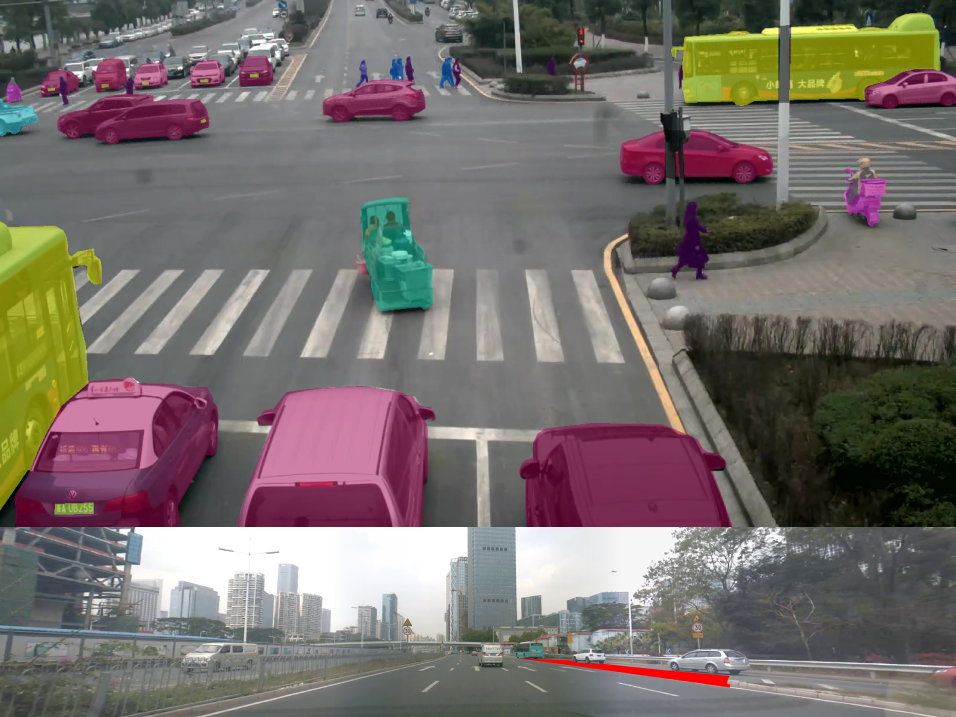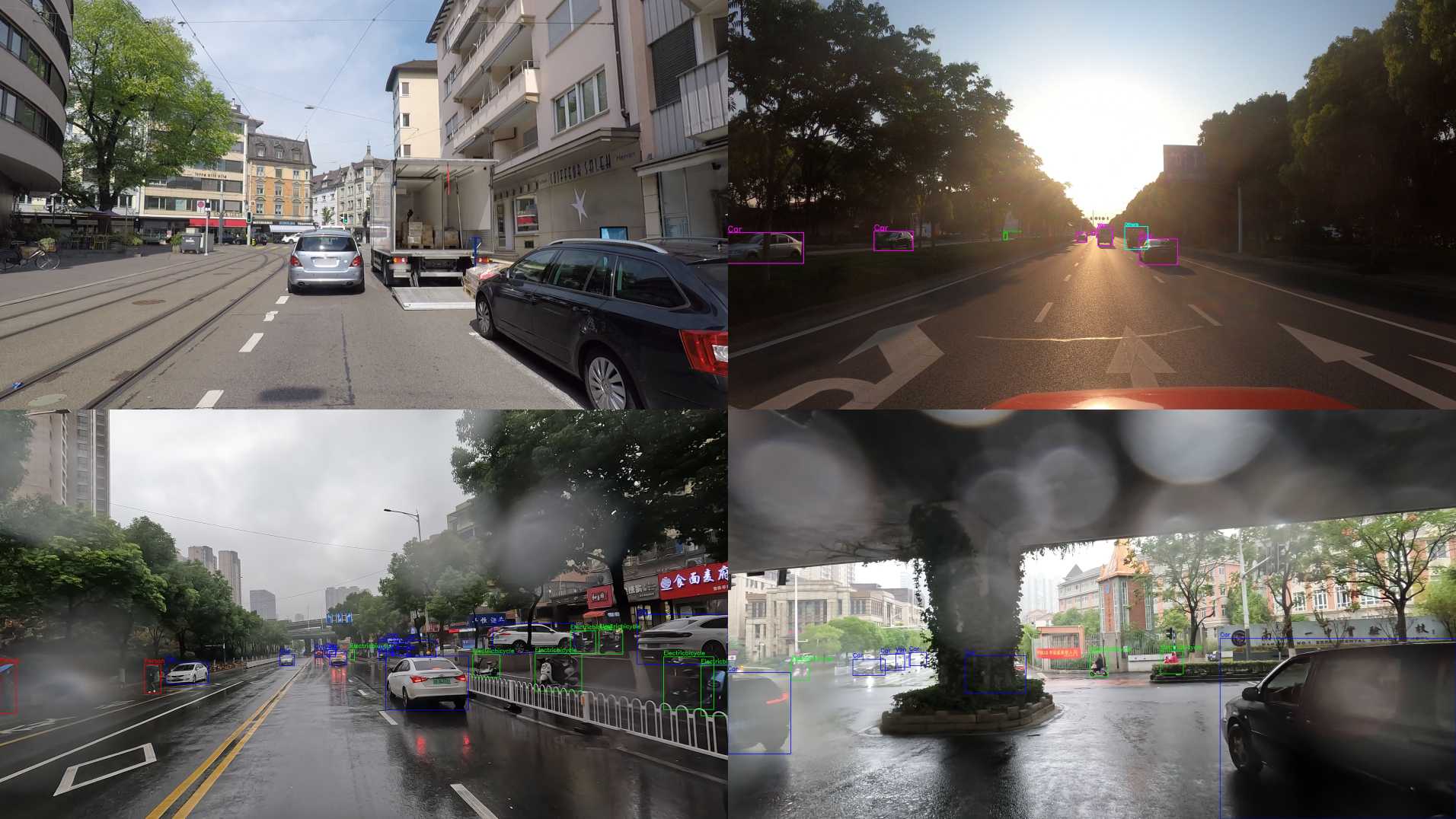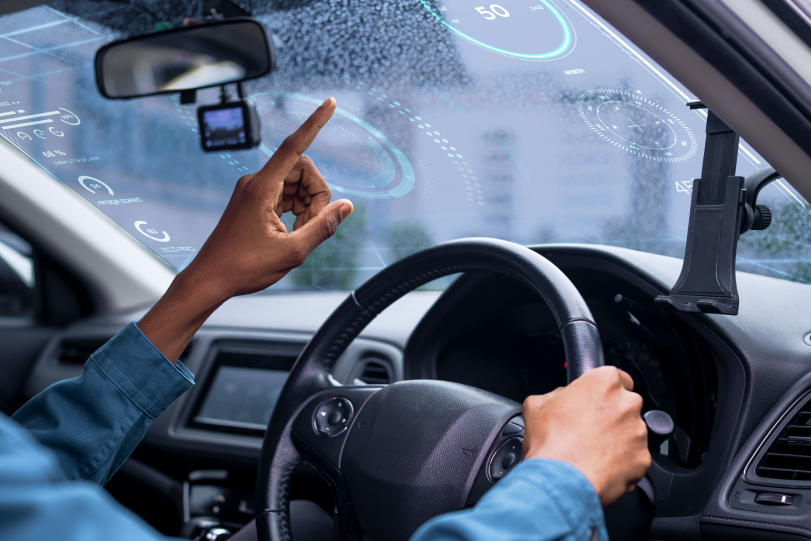In the realm of autonomous driving, corner cases refer to situations or scenarios that occur rarely or unpredictably, but are crucial for ensuring the safe commercialization of self-driving vehicles. These scenarios may include unusual or unexpected events, challenging weather conditions, difficult road infrastructure, or unique driving patterns.

image by maadaa.ai Auto-Driving Dataset
One of the biggest challenges in autonomous driving is obtaining a significant amount of diverse and high-quality corner case data.
Traditional methods of data collection through test drives or simulations often fall short in capturing all possible corner cases, as they are inherently limited by time, resources, and the inability to simulate every unpredictable real-life scenario.
Corner case dataset is vital for developing and training autonomous driving systems to handle complex, unexpected situations.
It helps engineers identify potential gaps or weaknesses in their algorithms, sensors, or decision-making protocols. By exposing self-driving cars to corner case scenarios during testing, manufacturers gain crucial insights into vehicle behavior and performance, allowing them to refine their systems and make them more robust and resilient.
Gathering corner case data can be a multifaceted process. It involves collecting data from a wide range of sources, including real-world test drives covering different geographies, weather conditions, and traffic scenarios. Additionally, partnerships with various stakeholders, such as municipalities, commercial fleets, and ride-hailing services, can provide access to diverse driving conditions and enable the collection of rare events.

image by maadaa.ai Auto-Driving Dataset
Another approach is leveraging simulation technologies to generate corner case scenarios. Advanced simulators allow developers to create virtual worlds and model challenging scenarios that are difficult to encounter during real-world tests. This approach helps bridge the gap between limited physical testing and the extensive range of corner cases that need to be covered for safe autonomous driving.
To address the challenge of acquiring corner case data, collaborations and knowledge-sharing among industry players become increasingly important. Establishing data-sharing consortiums or public-private partnerships can facilitate the pooling of data from multiple sources, enabling a more comprehensive and robust database of corner case scenarios.
In summary, lack of corner case dataset is a significant challenge in the commercialization of safe autonomous driving. Obtaining diverse and high-quality data from a wide range of sources, including real-world testing and simulation, is crucial to ensure self-driving vehicles can handle rare and unpredictable scenarios. Collaboration and knowledge-sharing within the industry can play a vital role in overcoming this challenge and pave the way for safer and more reliable autonomous driving technology.
maadaa.ai’s global data collection and labeling network spans more than 40 countries, allowing maadaa.ai to provide standardized AI data collection, processing, labeling, acceptance, and delivery services to industrial customers. In this article, we would like share our successful experiences on how to tackle the data challenges of corner cases in auto-driving.




